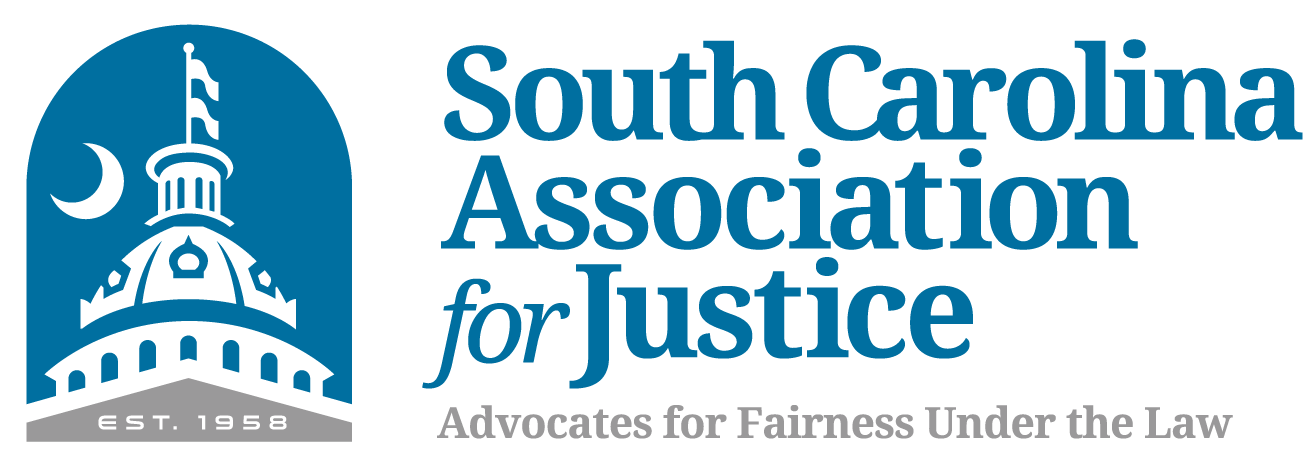Every day, people put their trust in healthcare providers when they seek medical attention. They have faith that medical professionals will provide them with the best care, attention, and advice for their situation. However, when that trust is betrayed, serious harm can result and leave the patient and their family searching for answers and relief.
Understanding what medical malpractice is, common examples of medical malpractice, and whom you should contact for questions is extremely important if you or a loved one believes you have a medical malpractice claim.
What Is Medical Malpractice?
Medical malpractice happens when healthcare providers depart from the reasonably accepted standards of care in for their field and cause an injury to a patient by engaging in negligent or reckless behavior. Medical malpractice lawsuits are relatively common in the South Carolina; however, simply experiencing a negative outcome after seeking medical attention does not mean your healthcare professional(s) committed medical malpractice.
To have a viable medical malpractice claim, the victim and their attorney typically must prove the following:
- A violation of the standard of medical care occurred
- The injury was caused by medical negligence
- The injury resulted in significant monetary damages
If your medical claim meets these requirements, you may have a medical malpractice case. In addition, learning about common examples of medical malpractice is also helpful for determining if your claim is considered medical malpractice.
5 Common Examples of Medical Malpractice That May Warrant a Lawsuit
While medical malpractice consists of a small number of legal cases each year, certain medical errors are more common in medical malpractice cases, including:
#1: A Delayed Diagnosis or Misdiagnosis
If a serious health condition is not diagnosed in a timely way or is misdiagnosed, treatment options may become less effective or even ineffective for the patient. In a medical malpractice situation, a treating doctor’s handling of a patient’s case would be compared to other doctors’ methods for diagnosing the patient’s condition. Or, an attorney may find that the treating physician took steps in the diagnosis process that aren’t standard and caused them to miss the real medical issue.
#2: Anesthesia Errors
Anesthesia errors can result in brain damage, permanent injury, or death. An anesthesia error could be considered medical malpractice if an anesthesiologist fails to investigate a patient’s medical history or consider the medications the patient is on. Additionally, improper dosage, failure to monitor vitals, and defective equipment are other anesthesia errors that may be considered medical malpractice.
#3: Surgery Errors
Surgeons and attending nurses may commit surgery errors that warrant a medical malpractice claim. Surgeons sometimes puncture internal organs, leave surgical instruments inside a person’s body, or operate on the wrong body part altogether, while a nurse might be negligent in giving postoperative care and causing complications, including serious injury or death.
#4: Childbirth Injuries
This type of medical malpractice committed by a physician or obstetrician can happen during pregnancy or childbirth. Two primary kinds of negligence may occur concerning fetal and childbirth injuries:
- Negligent prenatal care. Examples include a healthcare provider failing to diagnose a mother’s medical condition, detect birth defects, identify an abnormal position, or diagnose a serious or contagious disease that could harm the mother’s fetus.
- Negligence during childbirth. Common medical errors include a doctor failing to anticipate certain birth complications, respond to signs of fetal disease, order a cesarean section in time or when one is necessary. Misuse of forceps or a vacuum extractor are also common.
#5: Medication Errors and Pharmacy Malpractice
An estimated 1 million medication errors occur each year, contributing to 7,000 deaths in the United States. Patients may be harmed by medication errors in many ways, including when a doctor prescribes the wrong medication or prescribes medication for a misdiagnosed condition. Most often, a medication error happens when an incorrect dosage is prescribed, whether due to a bad prescription, a pharmacy error, or even a drug manufacturing defect.
RELATED: What Happens When the Pharmacy Gives You the Wrong Medication?
Contact the Law Offices of David L. Hood for a Free Medical Malpractice Consultation
If you or someone you care about has suffered because of medical negligence, please schedule your free consultation by calling the Law Offices of David L. Hood at (843) 491-6025 or filling out our brief online contact form.
We know how difficult it can be to deal with the immediate and long-term effects of a serious malpractice-related injury. At The Law Offices of David L. Hood, we work hard to make things simple for you. After a free case evaluation, Medical Malpractice Attorney David L. Hood, co-counsel, and our team of experts will vigorously pursue your case to get you the best result we can achieve. Let us put years of experience to work for you!
*Clients are not liable for any expenses, unless there is a recovery in their case; however, if there is a recovery in their case, clients will be liable for expenses. Attorney’s fees are based on a percentage of the recovery, which will be computed before deducting expenses.
References
Bal, B. Sonny. (2008, November 26). An introduction to medical malpractice in the United States. National Center for Biotechnology Information. Retrieved from https://www.ncbi.nlm.nih.gov/pmc/articles/PMC2628513/
Binder, L. (2013, September 3). The shocking truth about medication errors. Forbes. Retrieved from: https://www.forbes.com/sites/leahbinder/2013/09/03/the-shocking-truth-about-medication-errors/#3e82274e10ab
The content provided here is for informational purposes only and should not be construed as legal advice on any subject.




